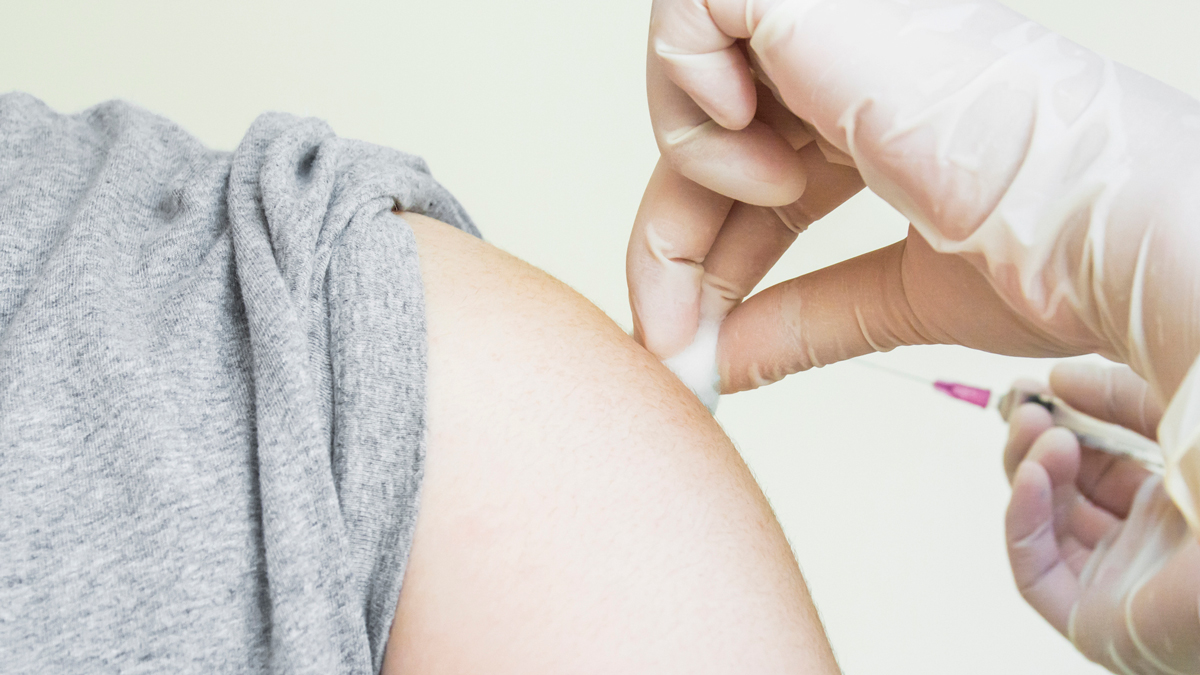One in 11 over-65s unwilling to take COVID-19 shot

One in 11 adults aged over 65 have reported a lack of willingness to receive a COVID-19 vaccine, according to a US-based survey.
The findings are concerning given that adults in this group are at highest risk for complications from the disease.
Findings from part of the Heartline clinical study, sponsored by Johnson & Johnson and Apple, have been published online on a preprint server and have yet to be peer-reviewed.
Recruitment to the study began in February last year and it was initially set up to test whether wearable and custom-built mobile apps could enable earlier detection and better treatment of atrial fibrillation in patients aged 65 and older.
Willingness to vaccinate against COVID-19 was assessed through an optional survey through the Johnson & Johnson app between 6th and 20th November last year,
The assessment included questions on beliefs about vaccines in general, beliefs about COVID-19 and the COVID-19 vaccine, and opinions on vaccine dosing and potential side effects.
Shortly after the survey was offered, Pfizer announced first interim analysis results showing the vaccine it developed with BioNTech had an efficacy of around 90% and authors compared answers before and after this event to gauge its impact on opinions.
Of the 7,402 people who responded, 63.6% of participants reported they were very willing to receive a COVID-19 vaccine, 27.8% were somewhat willing, 6.0% were not very willing, and 2.6% were not at all willing.
Overall, authors said that 91.3% were “willing” to be immunised and 8.7% were “unwilling".
Analysing different demographic groups, the study found participants identifying as Black or African American were least likely to want to take COVID-19 vaccines.
A total of 26.8% of Black or African American participants noted they were not very willing or not at all willing to vaccinate, compared with 8.0% of white participants.
Study author Janeta Nikolovski, director of the World Without Disease Accelerator at Johnson & Johnson’s Janssen pharma unit, told pharmaphorum in an emailed interview that she not surprised about vaccine hesitancy in older age groups.
“Several prior published studies have shown those trends as well,” said Nikolovski, who said further work is being done to understand why older people are more likely to be sceptical about vaccines.
She added: “Among those who said they were unwilling to get vaccinated, the majority stated that they would discuss their decision with their healthcare provider, providing an important opportunity for education.”
Further work is also needed to identify why different demographic groups have differing attitudes to the vaccine.
She added: “We agree that further study is needed and a one-size-fits all approach in communication will not be ideal to address specific concerns.”
Nikolovski is hopeful that as vaccine campaigns are rolled out, attitudes to vaccines could change for the better.
“Given that we found vaccine safety and efficacy to be a strong predictor of willingness to vaccinate, I think as people get vaccinated and share their experience with others, trust will grow.
“We saw an increased vaccine willingness after the trial results were released, suggesting that public willingness to vaccinate may continue to rise as additional positive data are released.”
Conversely, negative news stories about vaccines, including reports about adverse events, may have a negative impact.
“In general however, I believe transparency with research results is important, whatever the results, as it is important to realistically manage expectations, “ she concluded.
Janssen is working on a single shot COVID-19 vaccine, which has shown promise in early trials with phase 3 data possibly due by the end of the month.












